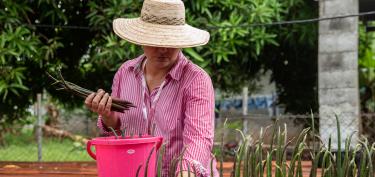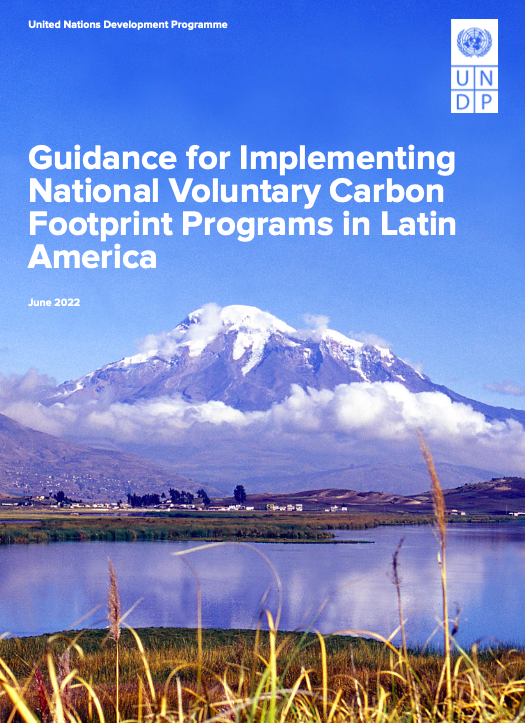0.05%
Share of global GHG emissions
Extracted from the CAIT Climate Data Explorer (2022), developed and maintained by the World Resources Institute. #84
Climate Vulnerability Index ranking
A higher number means a higher vulnerability to climate change. Based on the ND-GAIN Index (2023), developed by the University of Notre Dame. #59
Human Development Index ranking
A lower number means a better human development score. Based on the Human Development Index (2023), developed by UNDP. NDC Status
Panama submitted its third NDC in November 2025.
Key highlights from the NDC
- Panama’s third NDC shifts the focus from actions mainly centered on mitigation towards an integrated framework that articulates mitigation, adaptation and climate finance with a long-term national vision.
- Panama reaffirms its commitment to remaining a carbon-negative country and achieving net-negative emissions by 2050, linking climate action with economic competitiveness and sustainable development.
- The third NDC commits to ambitious, economy-wide reductions in greenhouse gas (GHG) emissions and to achieving the restoration and reforestation of 100,000 hectares of ecosystems (including 2,500 hectares of mangroves) by 2035. The NDC incorporates an unprecedented expansion of sectoral actions, with 54 new commitments and nine revised ones, covering energy, land use and forests, coastal and marine ecosystems, transportation, and resilient production systems.
- The NDC strengthens the adaptation component by prioritizing resilience in coastal areas, sustainable forest management, and nature-based solutions. It also introduces a climate justice approach, integrating the participation of women, youth, Indigenous Peoples and local communities, and explicitly linking climate action with synergies for sustainable development, green jobs, and the reduction of inequalities.
- The NDC is aligned with the country’s National Climate Change Policy 2050, the Long-Term Strategy for Resilient and Low-Emission Development (LTS 2050), and the National Strategy of Climate Action, which promotes citizen climate empowerment.
NAP Status
Panama is currently developing a National Adaptation Plan.
Latest Publications
See allThis document presents for the first time an analysis of how National Voluntary Carbon Footprint Programmes (NVCFPs) should be implemented.



